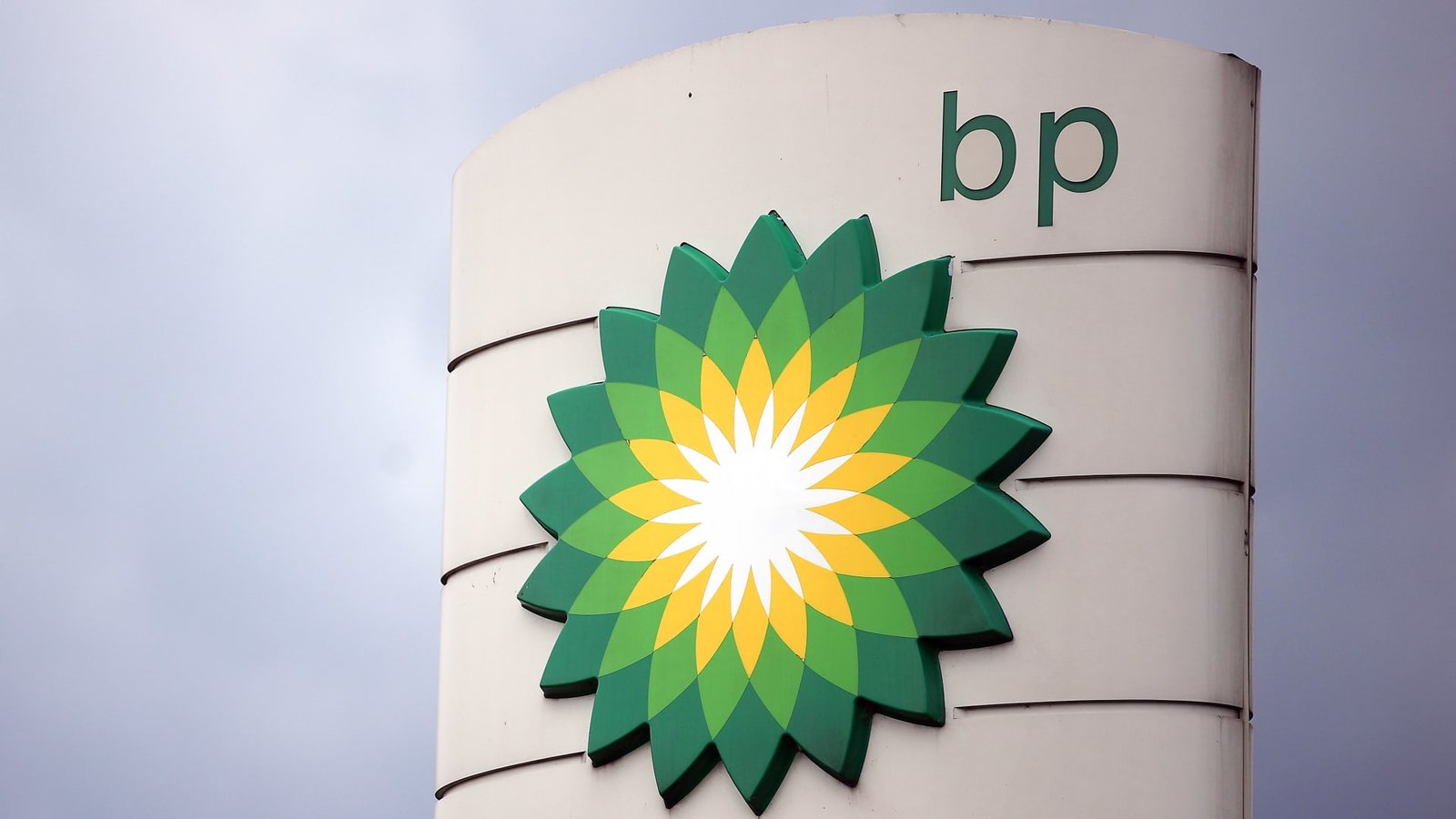The logo of British oil major BP.
Sopa Images | Lightrocket | Getty Images
For weeks, market tongues have been wagging about a potential merger between Britain’s oil giants — until, ending weeks of speculation, Shell on Thursday denied reports that it’s in talks to acquire BP.
But how did we get to the point that BP, a U.K. oil exploration company that was founded in 1909 under the name Anglo-Persian Oil Company, is now seen as a possible takeover target for its long time rival?
“a net-zero company by 2050 or sooner,” while ramping up its investment in renewable energy projects. The energy giant committed to “performing while transforming” as it laid out this new strategy.
At the time, Looney acknowledged that the shift would be a challenge but argued that it was “also a tremendous opportunity”.
CNBC the firm was now leaning into its strategy.
“We’re announcing up to $8 billion more investment into the energy transition this decade and up to $8 billion more into oil and gas in support of energy security and energy affordability this decade,” he said.
This increased investment into the company’s energy transition was reinforced by forecasts, published in the 2023 edition of BP’s Energy Outlook, that the share of fossil fuels in primary energy would fall from around 80% in 2019 to as low as 20% in 2050.



